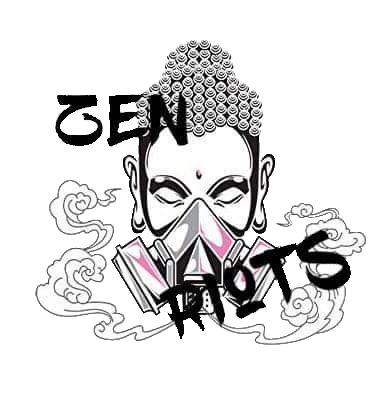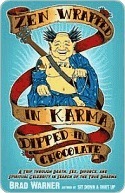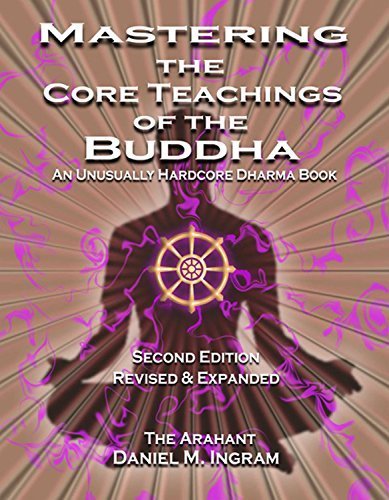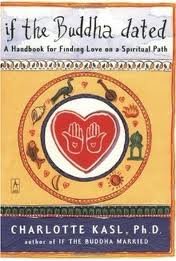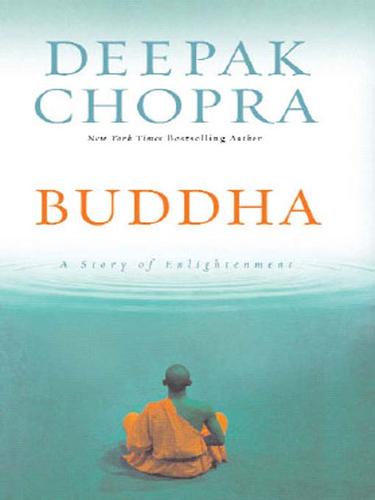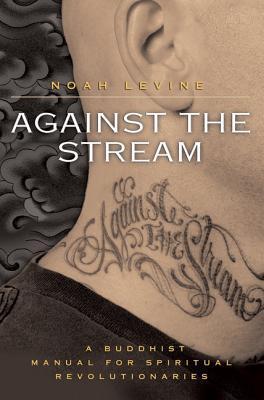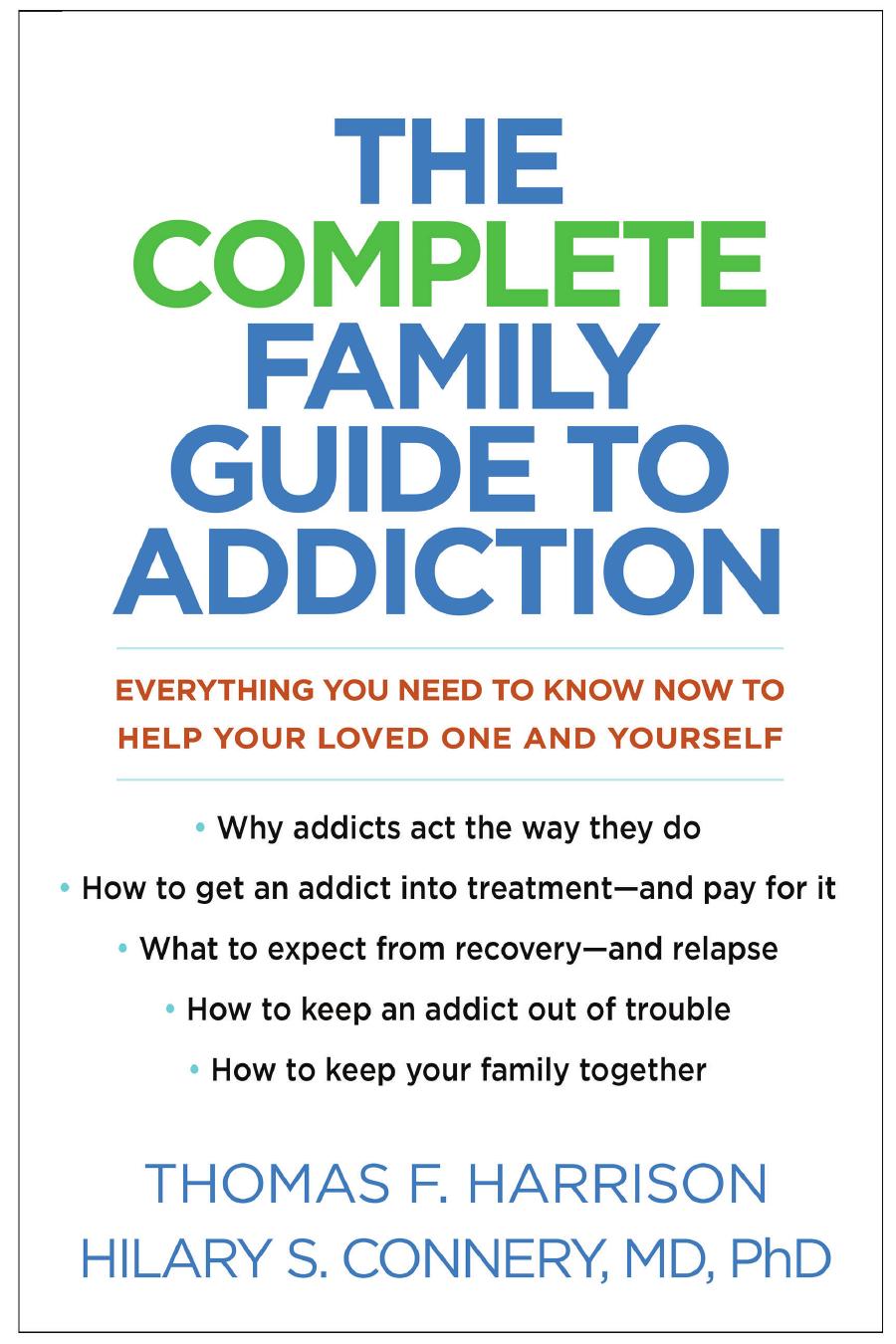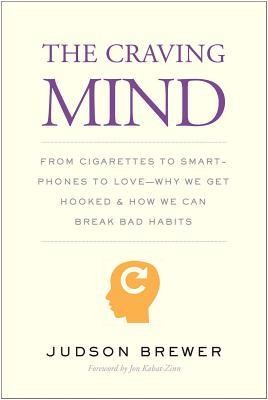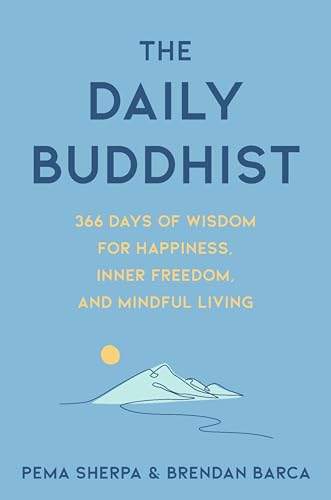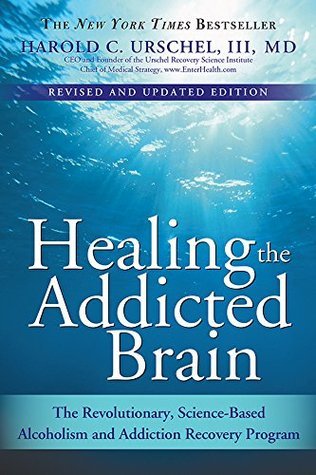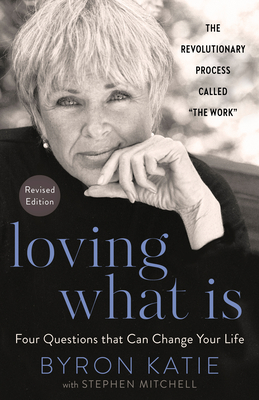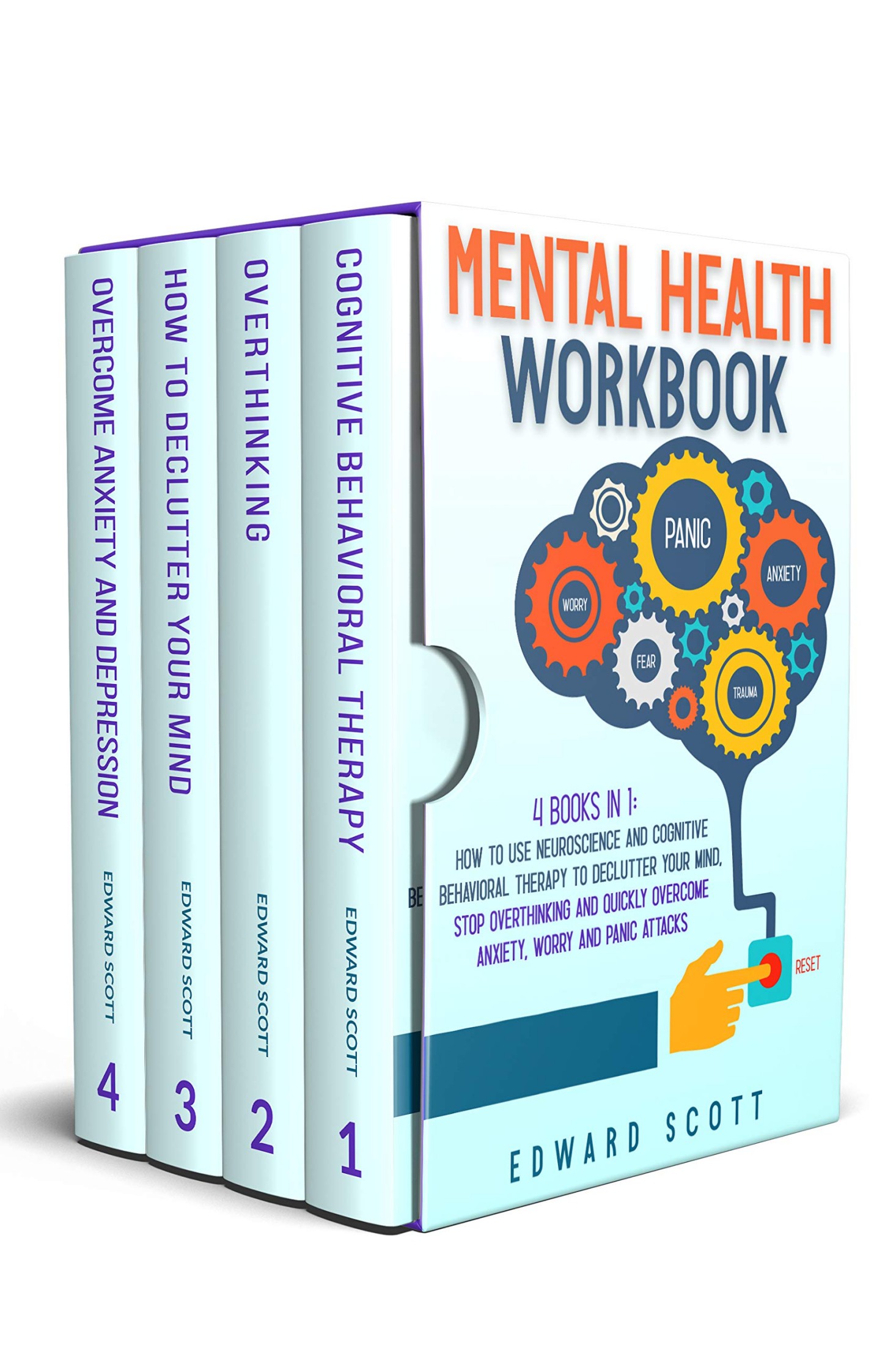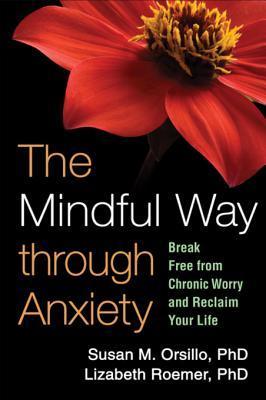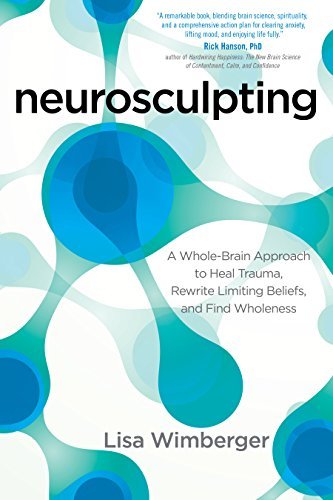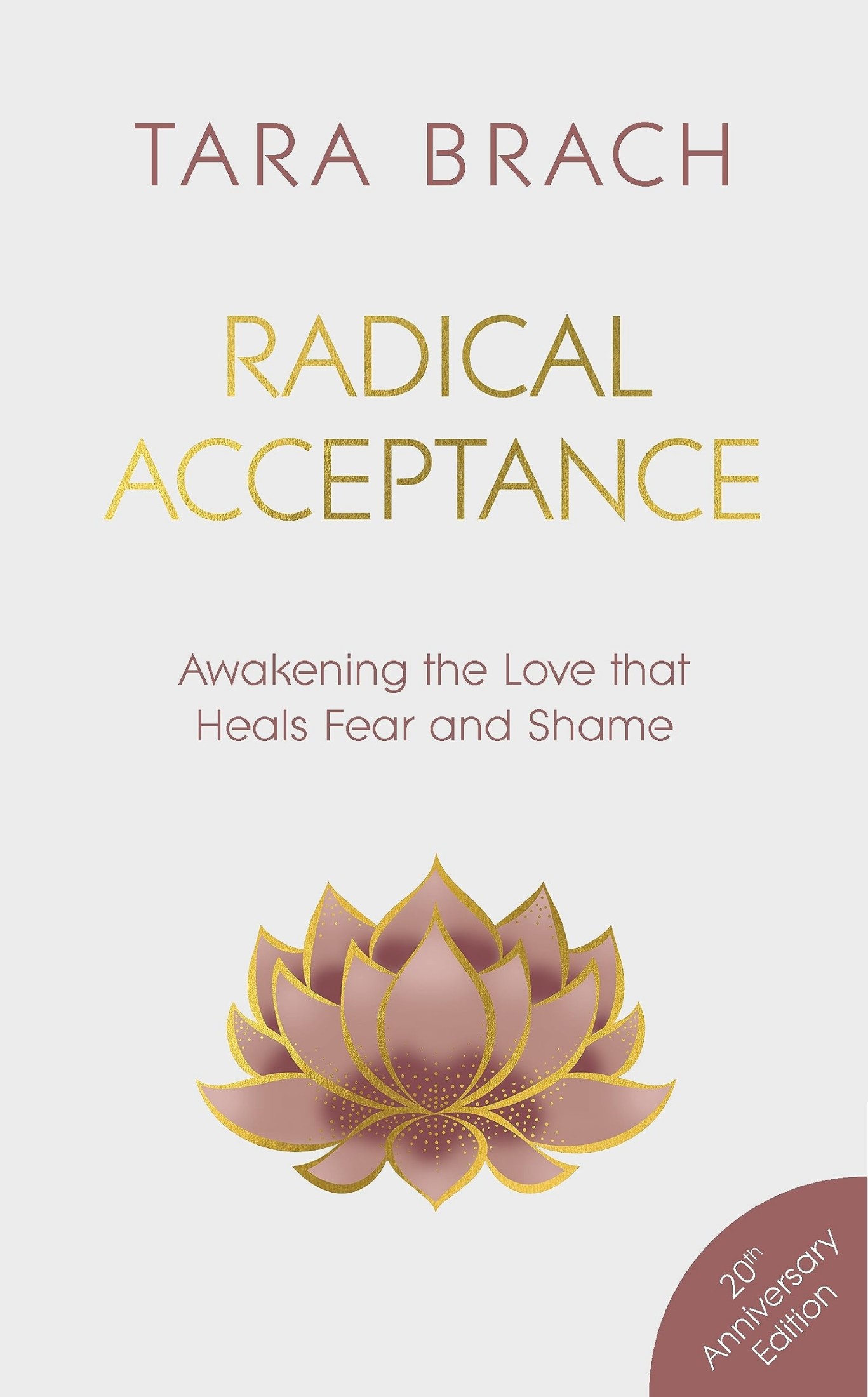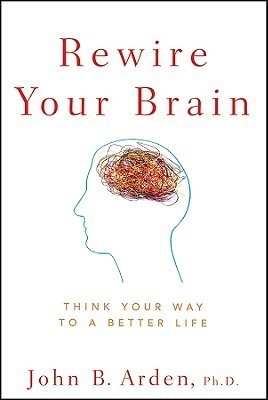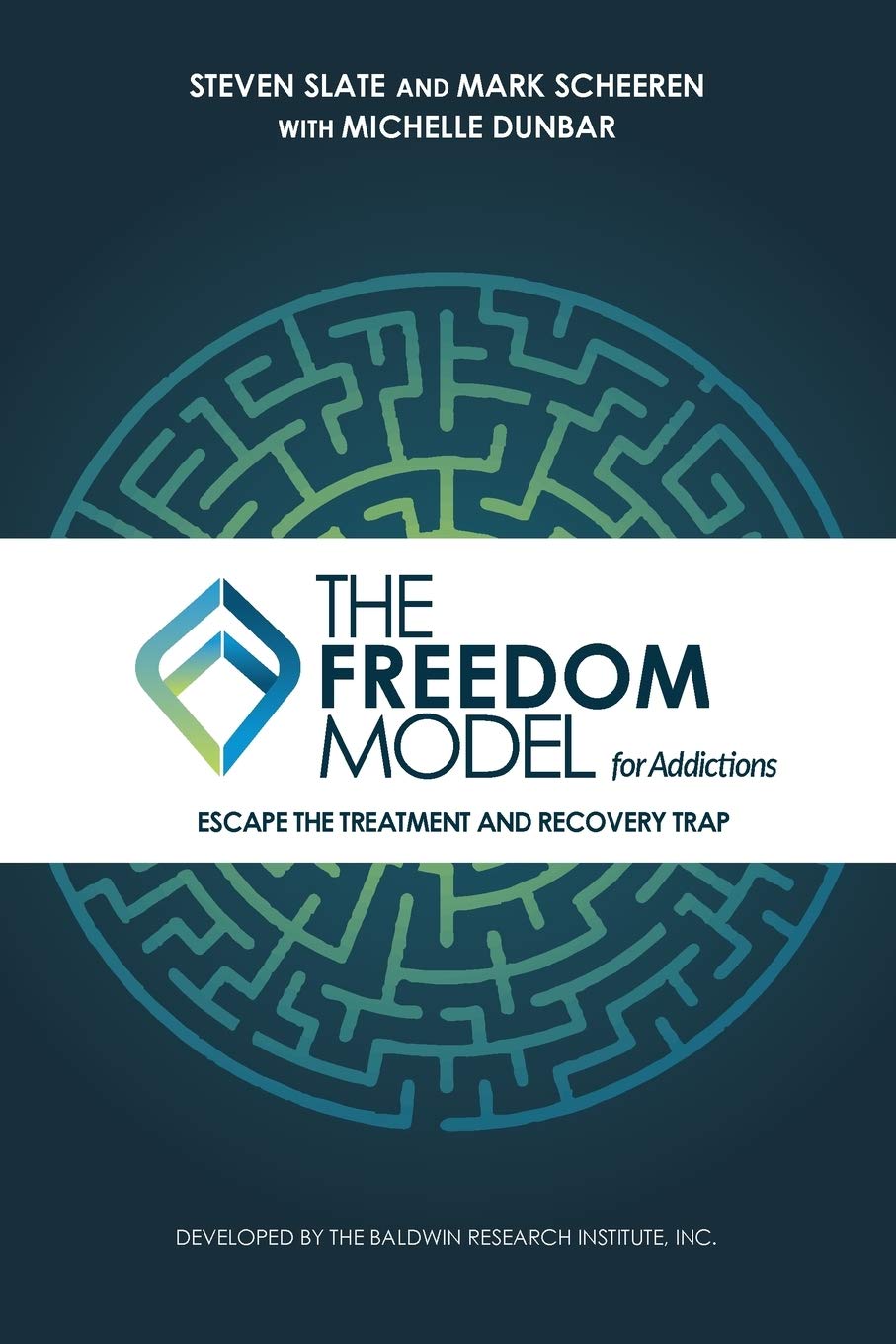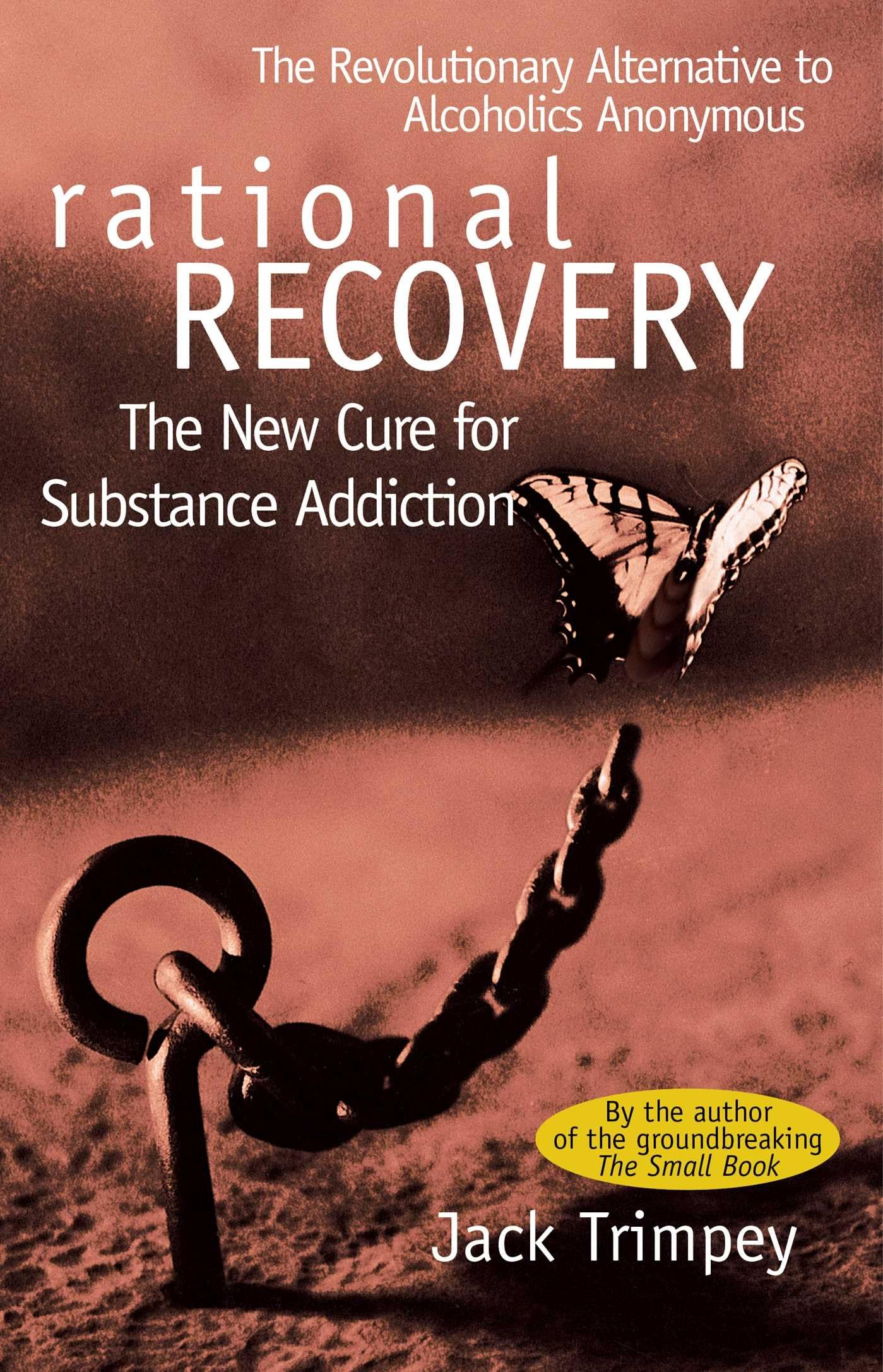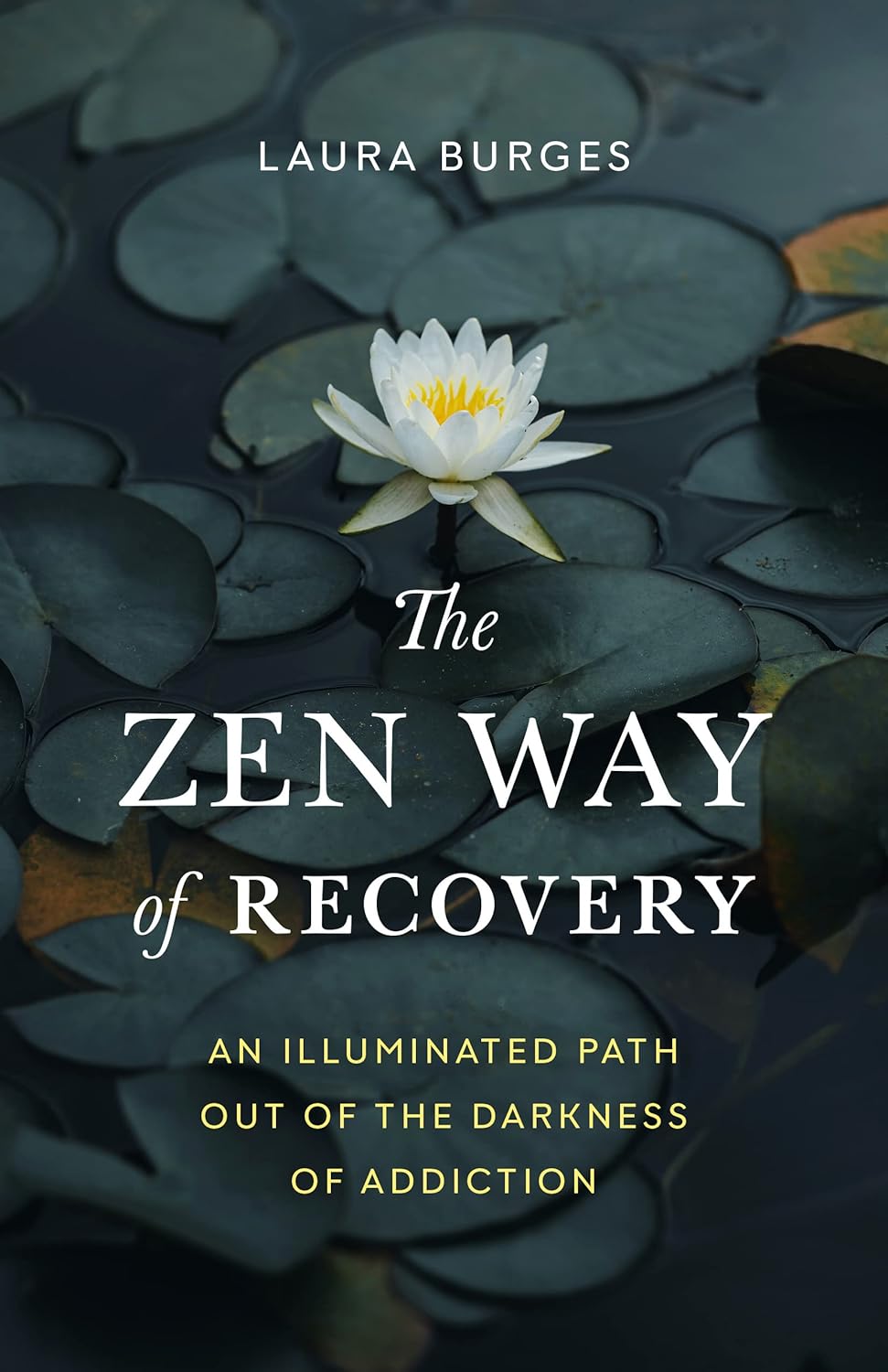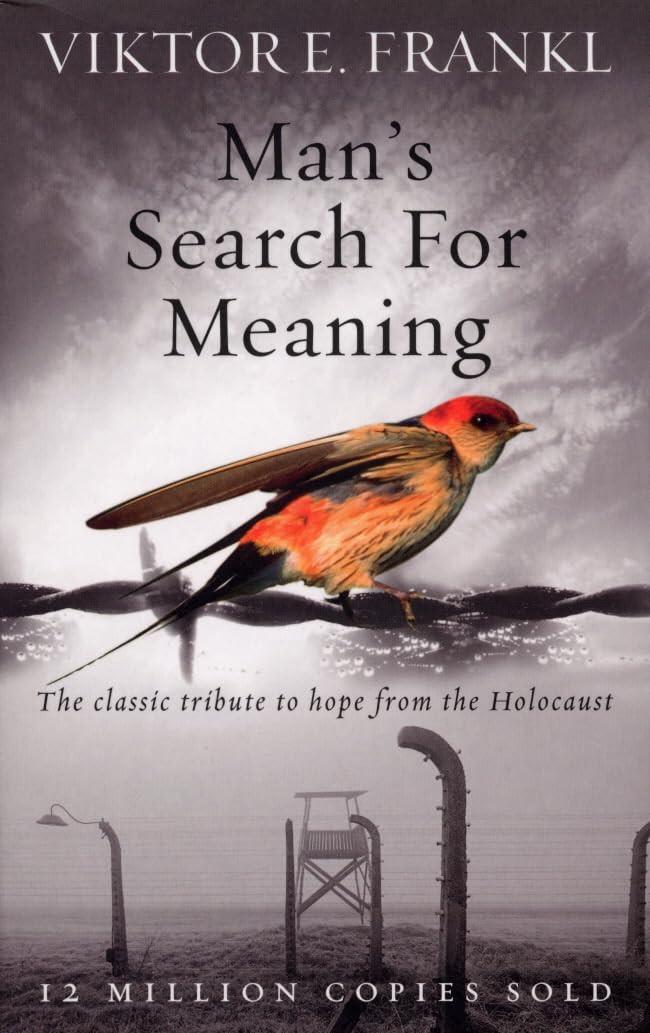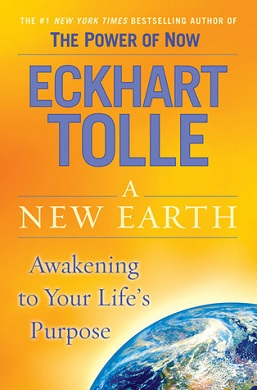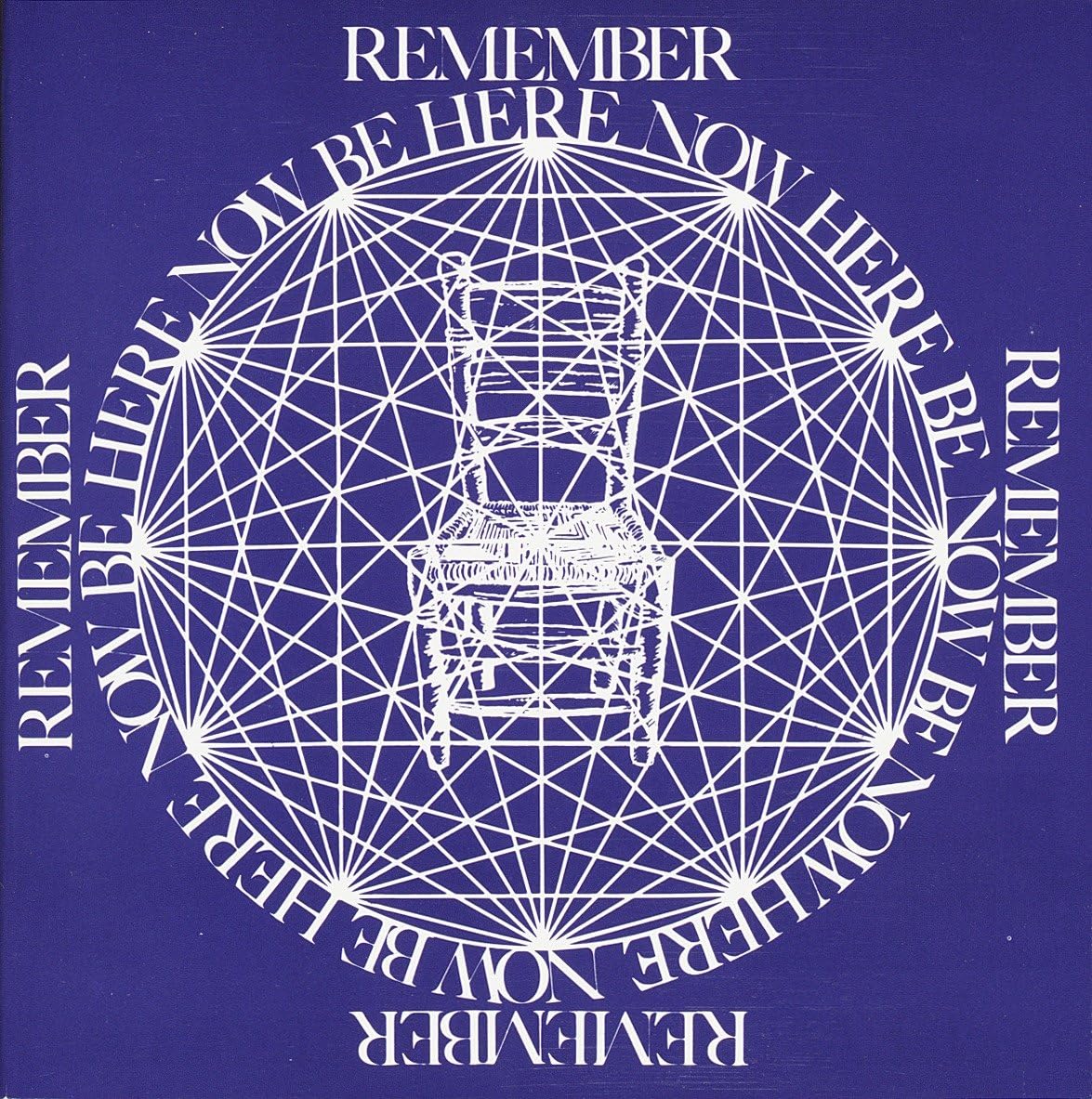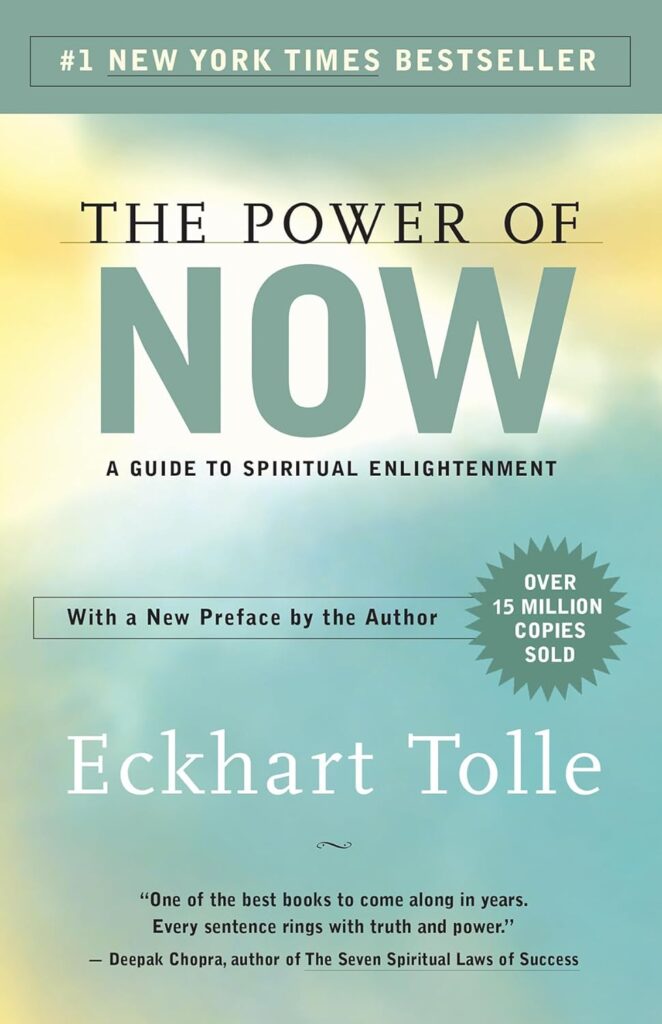
Description:
The Power of Now: A Guide to Spiritual Enlightenment is a book by Eckhart Tolle. It is a discussion about how people interact with themselves and others. The concept of self-reflection and presence in the moment are presented along with simple exercises for the achievement of its principles. Published in the late 1990s,[1] the book was recommended by Oprah Winfrey[2] and has been translated into 33 languages.[3] As of 2009, it was estimated that three million copies had been sold in North America.[4]
Philosophical outlook
The book draws from a variety of spiritual traditions,[5] and one reviewer described it as "Buddhism mixed with mysticism and a few references to Jesus Christ, a sort of New Age re-working of Zen."[6] It uses these traditions to describe a "belief system based on living in the present moment".[7] Its core message is that people's emotional problems are rooted in their identification with their minds.[8] The author writes that an individual should be aware of their present moment instead of losing themselves in worry and anxiety about the past or future.[2]
According to the book, only the present moment is real and only the present moment matters,[8][5] and both an individual's past and future are created by their thoughts.[6] The author maintains that people's insistence that they have control of their life is an illusion "that only brings pain".[5] The book also describes methods of relaxation and meditation to help readers anchor themselves in the present.[5] These suggestions include slowing down by avoiding multi-tasking, spending time in nature, and letting go of worries about the future.[9] Some of the concepts contained in The Power of Now, such as the human ego and its negative effects on happiness, are further elaborated in the author's later books, especially A New Earth: Awakening to Your Life's Purpose (2005).[7]
Introduction
In the book's introduction the author relates his past experiences of continuous anxiety with periods of suicidal depression. Later, when he was 29 years old, he had a personal epiphany and writes: "I heard the words 'resist nothing' as if spoken inside my chest." He relates that he felt as if he were falling into a void and afterwards "there was no more fear."[11]
Chapter One: "You are not your mind"
Tolle distinguishes between a person’s thoughts, described as a “voice in the head” and the person’s true self. He explains that this "thought-voice" should be recognized as separate from one's authentic self (this is evident because the real self is aware of the voice's presence). He argues this voice is generally a destructive influence that can and should be ignored. This is coherent with Tolle’s background dealing with anxiety. However, he makes no distinction between intrusive thoughts and other types, classifying all of them negatively, which is controversial for most readers.
Chapter Two: "Consciousness: The Way Out of Pain"
In Chapter Two, Tolle tells the reader that they must recognize their personal ego "without the ego creating an antagonistic response to its own denial or destruction" and explains the purposelessness of the "mental pain and anguish" that people hold on to.[12] According to the book: "The pain-body consists of trapped life-energy that has split off from your total energy field and has temporarily become autonomous through the unnatural process of mind identification."[8] In this chapter the author writes: "pain can only feed on pain. Pain cannot feed on joy. It finds it quite indigestible".[8] The author goes on to write that "many people live with a tormentor in their head that continuously attacks and punishes them and drains them of vital energy. It is the cause of untold misery and unhappiness."[5]
Chapter Three: "Moving Deeply Into the Now"
In Chapter Three, the author writes: "In the normal, mind-identified or unenlightened state of consciousness, the power and creative potential that lie concealed in the Now are completely obscured by psychological time. You cannot find yourself by going into the past. You can find yourself to your study by coming into the present. Life is now. There was never a time when your life was not now, nor will there ever be."[8]
Chapter Four: "Mind Strategies for Avoiding the Now"
In Chapter Four, Tolle says that "tomorrow's bills are not the problem" and can be a "core delusion" that changes a "mere situation, event or emotion" into a reason for suffering and unhappiness.[13] The book also calls "waiting" a "state of mind" that we should snap ourselves out of.[13]
